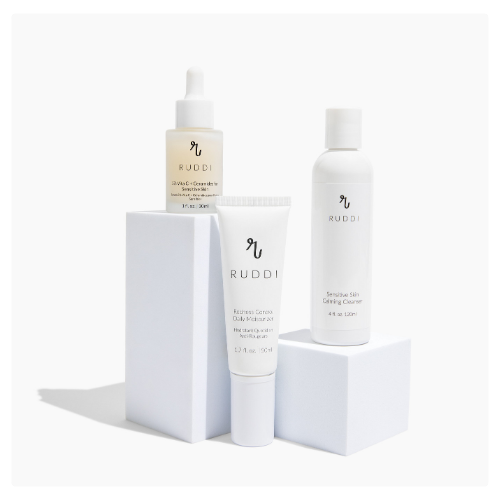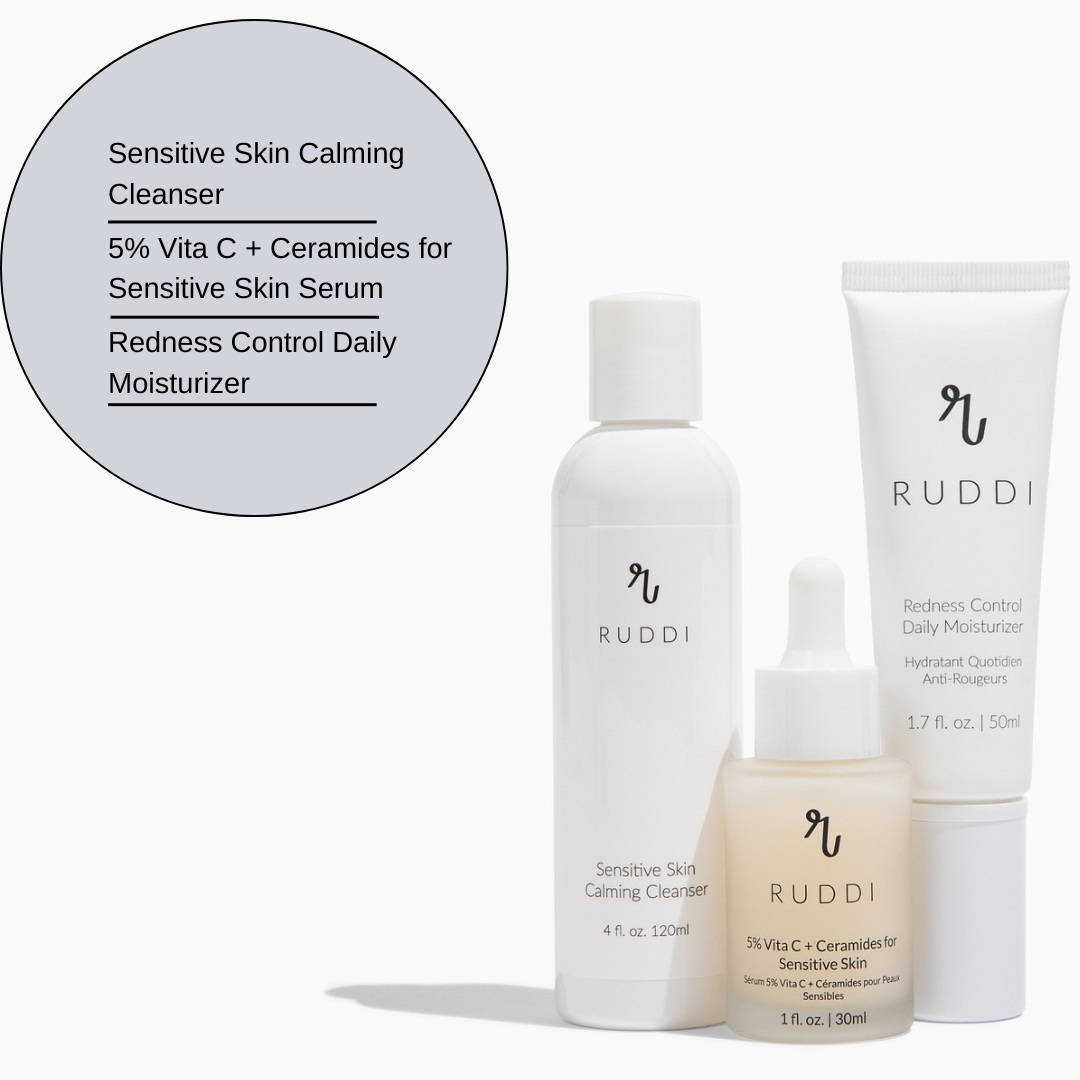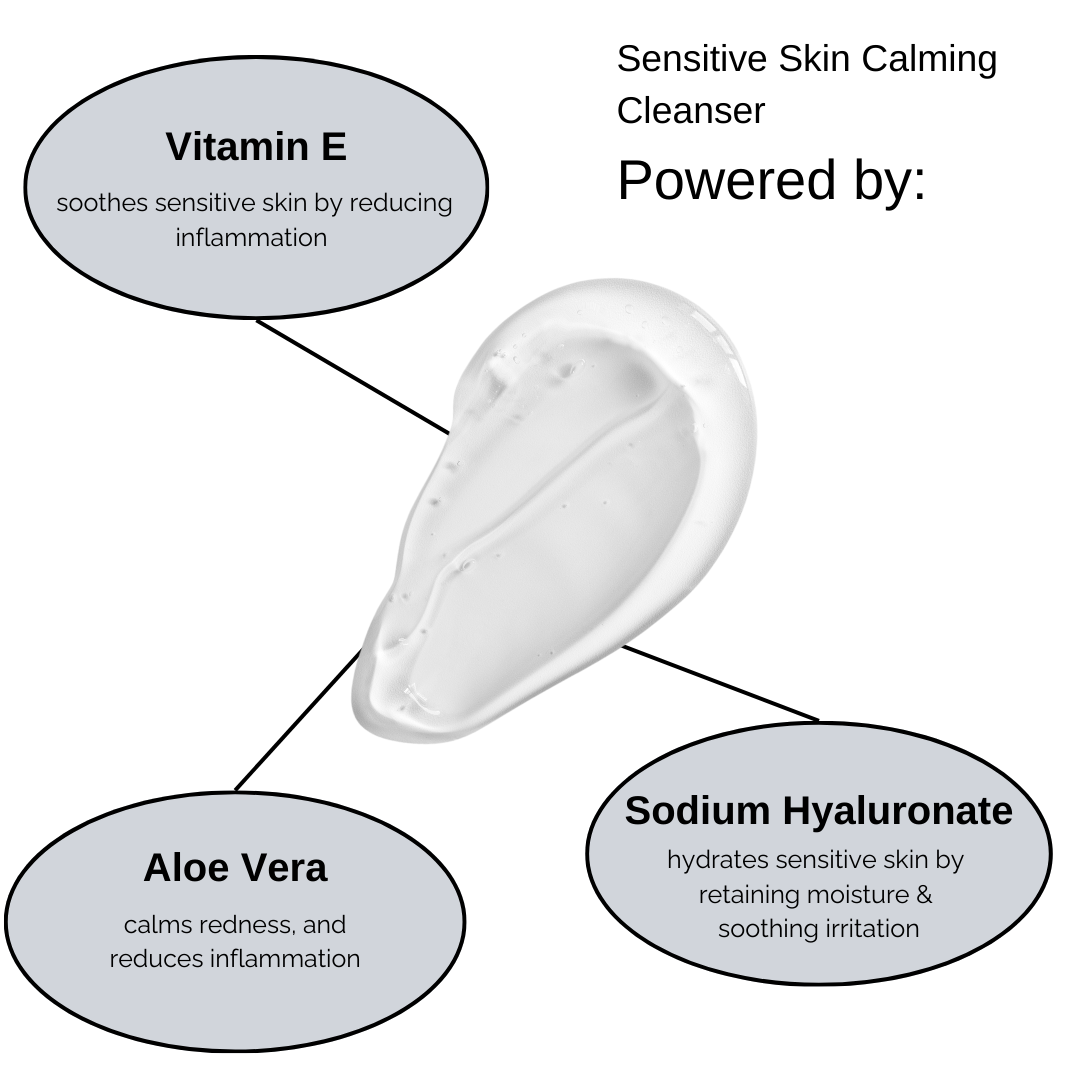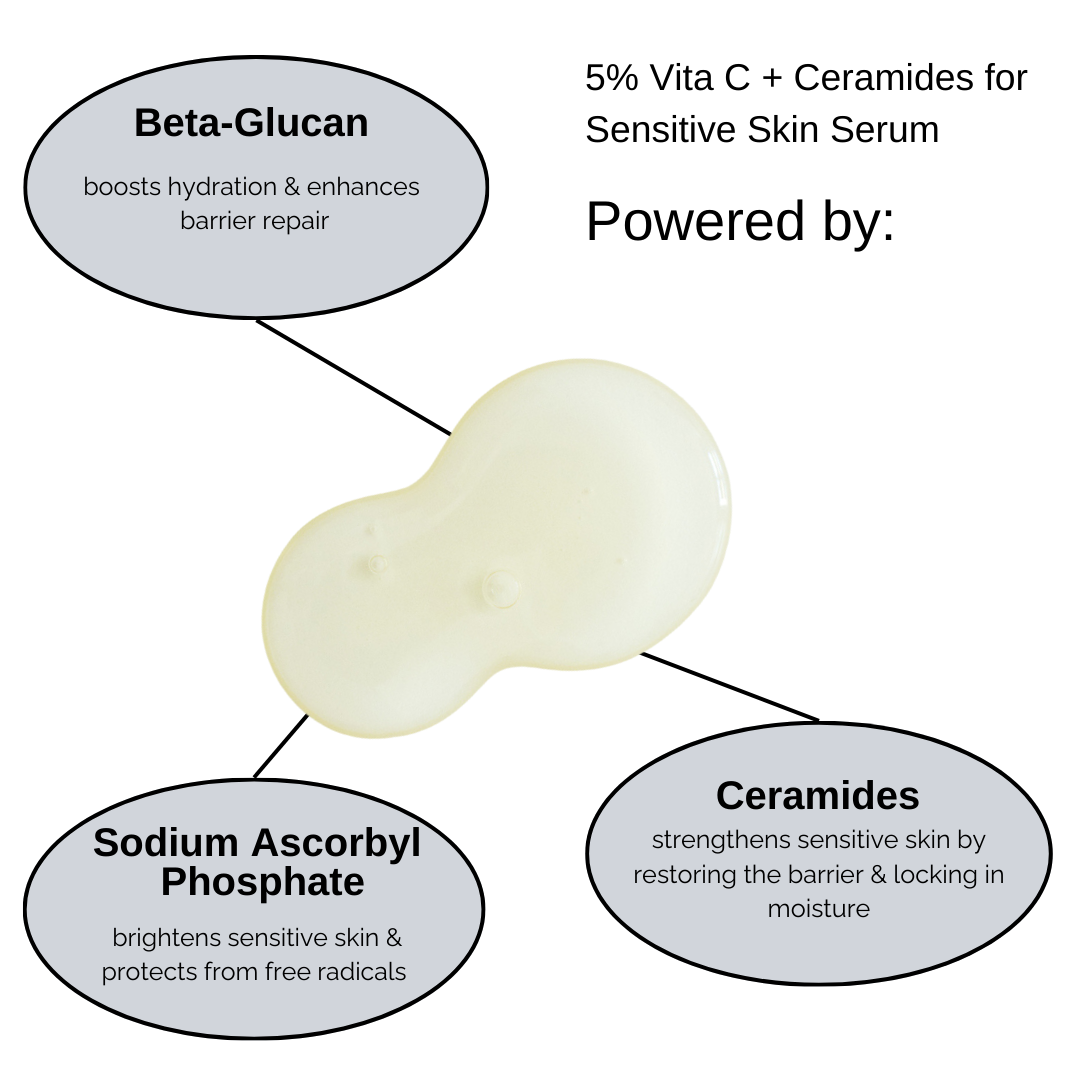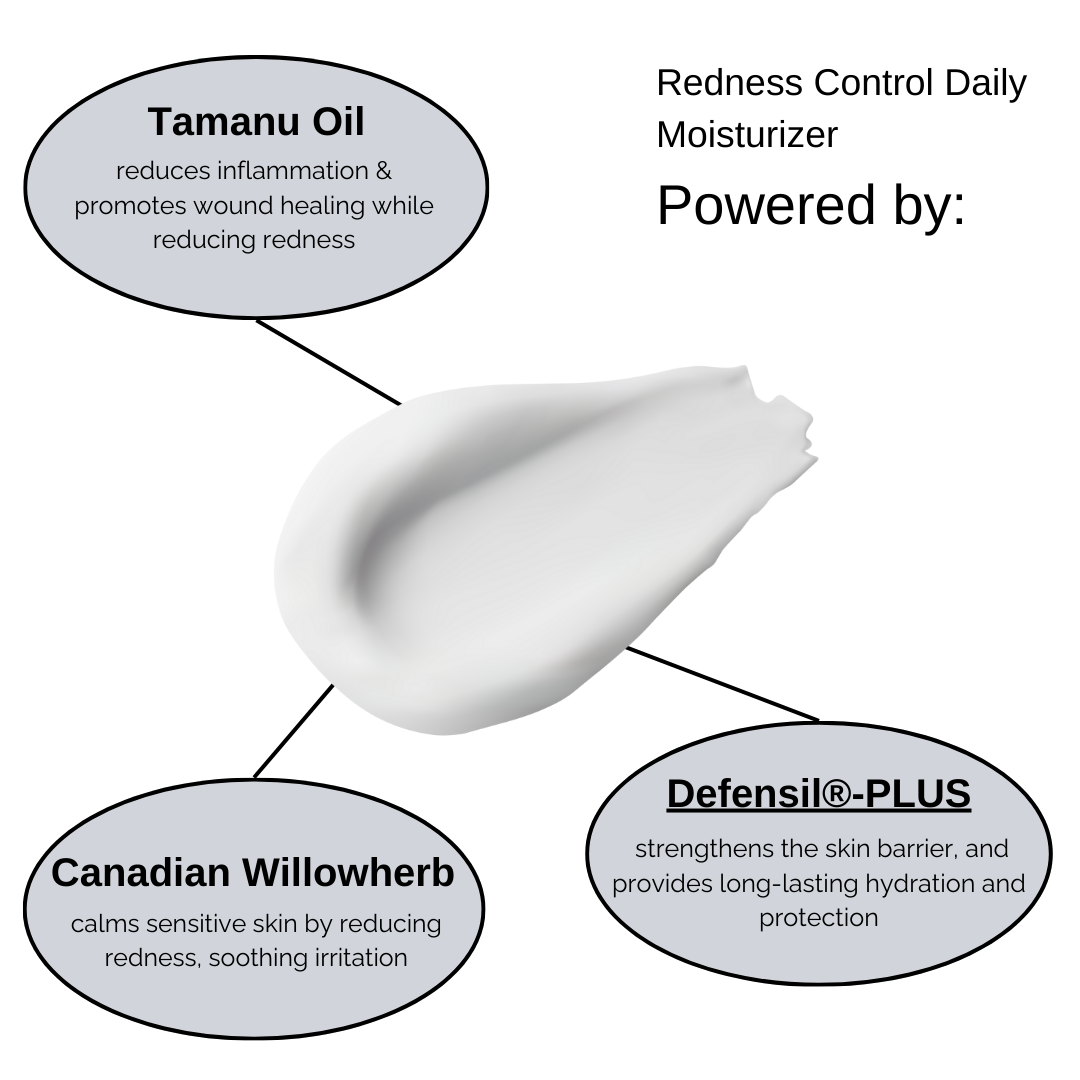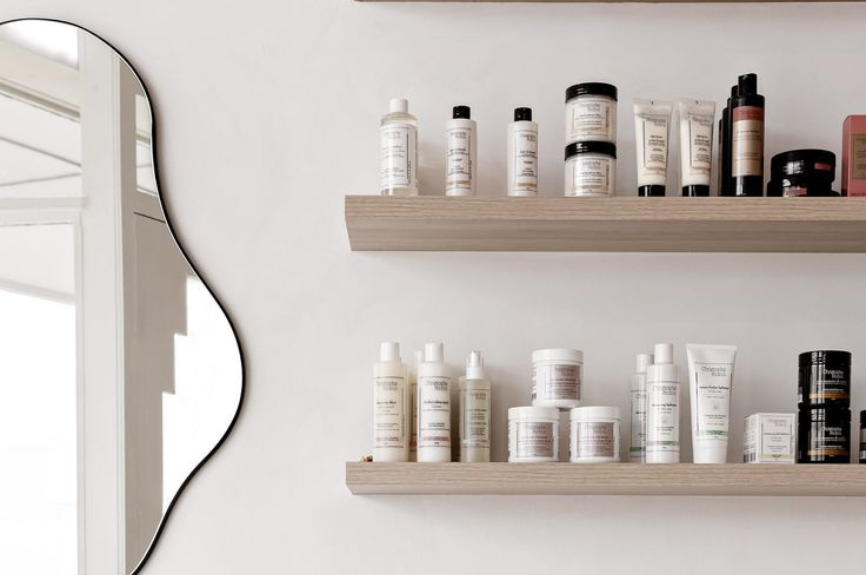
Prescription vs. Over-the-Counter Rosacea Treatments: What Works Best?
When it comes to managing rosacea, there’s no one-size-fits-all solution. Some people find relief with gentle, over-the-counter skincare products, while others need targeted prescription medications to get their flare-ups under control.
So how do you know what works best for your skin? In this post, we’re going beyond the basics to compare prescription treatments like ivermectin, azelaic acid, and brimonidine with OTC skincare options—explaining how each works, who they’re best suited for, and how to build a routine that brings lasting relief.
💊 Prescription Rosacea Treatments: Powerful but Targeted
1. Ivermectin (e.g., Soolantra)
-
How it works: Ivermectin is both anti-inflammatory and anti-parasitic. It targets Demodex mites, which are often found in higher numbers on rosacea-prone skin.
-
Best for: Papulopustular rosacea (bumps and breakouts)
-
Results: Studies show significant improvement in inflammation, especially over 8–12 weeks.
✅ Pros: Highly effective for inflammatory rosacea; well-tolerated by most
⚠️ Cons: Requires a prescription; may take a few weeks to show results & very expensive
2. Azelaic Acid (e.g., Finacea – 15% prescription or OTC 10%)
-
How it works: This dicarboxylic acid is a multi-tasking anti-inflammatory and mild exfoliant. It reduces redness, calms inflammation, and helps fade post-flare pigmentation.
-
Best for: Both ETR and papulopustular types
-
Results: Reduces bumps, redness, and discoloration over time.
✅ Pros: Gentle and suitable for long-term use
⚠️ Cons: May cause mild stinging when first introduced; prescription strength works faster
3. Brimonidine (e.g., Mirvaso)
-
How it works: A vasoconstrictor that temporarily narrows blood vessels to reduce flushing and visible redness.
-
Best for: ETR (persistent redness and flushing)
-
Results: Visible reduction in redness within 30 minutes—but results are temporary (up to 12 hours)
✅ Pros: Fast-acting redness relief
⚠️ Cons: May cause rebound redness or irritation in some users; short-term effect
🧴 Over-the-Counter (OTC) Skincare for Rosacea: Gentle, Preventative, and Barrier-Focused
OTC skincare plays a vital role in managing daily sensitivity, strengthening the skin barrier, and preventing flare-ups—even if you're using prescriptions.
1. Barrier Repair Moisturizers
-
Look for: Ceramides, squalane, niacinamide, panthenol
-
How they help: Calm inflammation, hydrate, and support the skin’s protective barrier
2. Mineral Sunscreens (SPF 30+)
-
Look for: Zinc oxide or titanium dioxide
-
How they help: Shield against UV, a major rosacea trigger
3. OTC Azelaic Acid (5–10%)
-
Slower-acting than prescription, but still reduces redness, bumps, and pigmentation.
4. Calming Ingredients
-
Green tea extract, beta-glucan, tamanu oil, centella asiatica help reduce inflammation and soothe skin.
✅ Pros: Widely available, non-irritating, support long-term skin health
⚠️ Cons: Often not strong enough alone for moderate to severe flare-ups
🧠 So… What Works Best?
💡 The Truth: It’s Not Either/Or—It’s Often Both
-
Prescription treatments are great for taming active symptoms like bumps, intense redness, and inflammation.
-
OTC skincare is essential for maintenance, prevention, and barrier repair—and enhances the effectiveness of prescription products.
Think of prescriptions as your short-term fire extinguishers, and OTC skincare as your long-term fire prevention plan.
💬 Final Thoughts
Prescription and over-the-counter rosacea treatments aren’t in competition—they’re partners in healing. Whether you're working with a dermatologist or building a gentle at-home routine, combining the strengths of both worlds can help you manage flare-ups, calm inflammation, and protect your skin long term.

